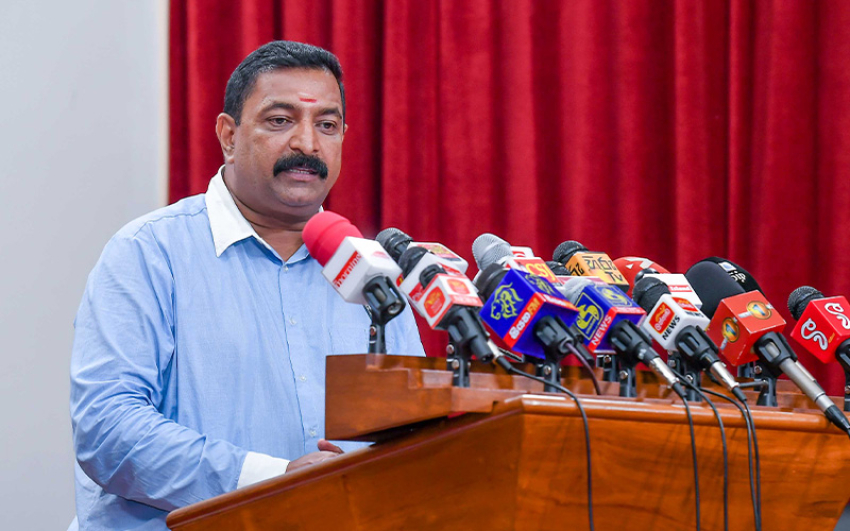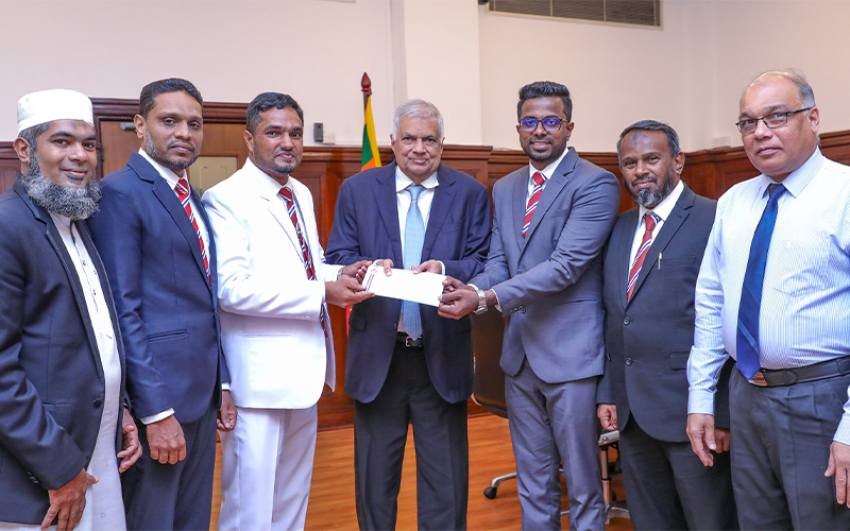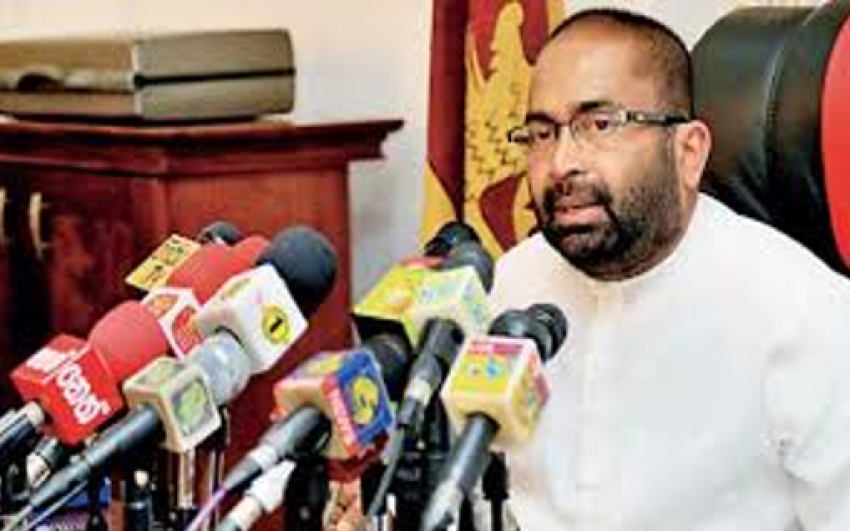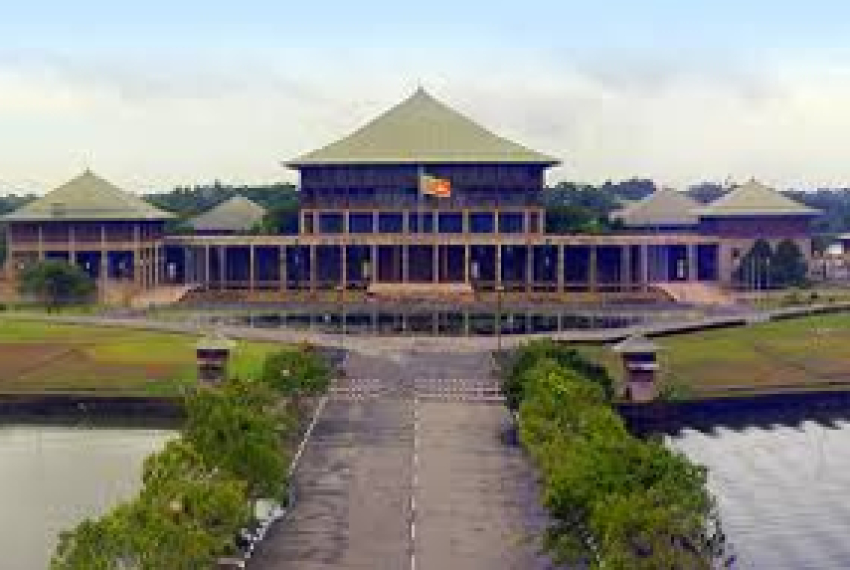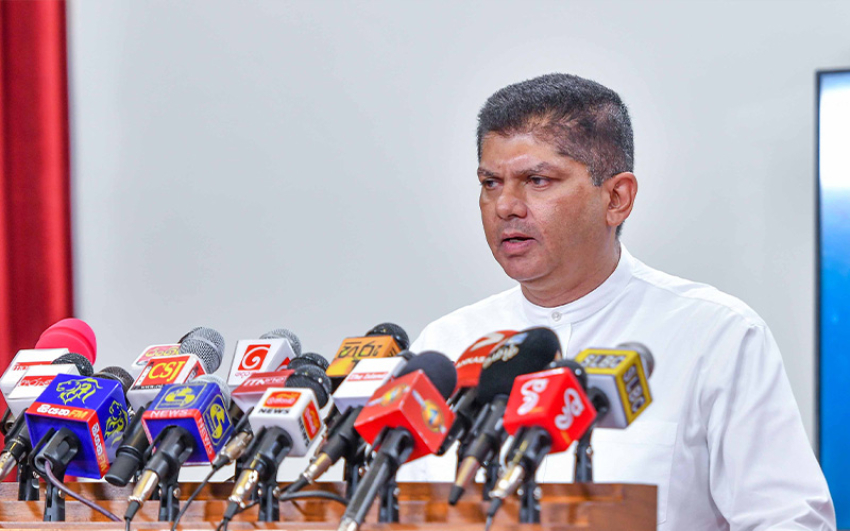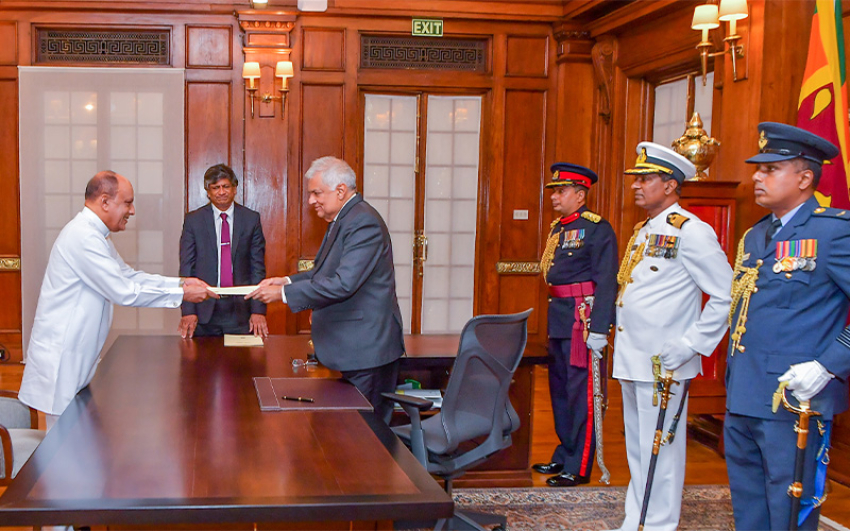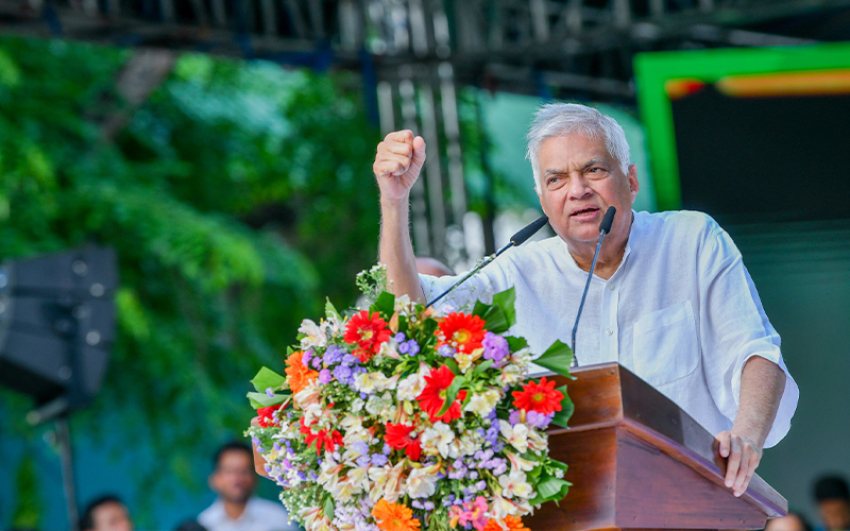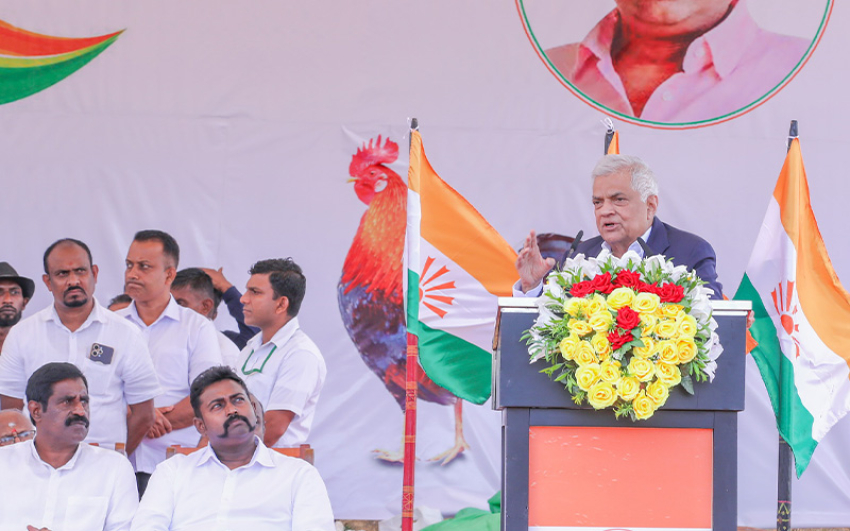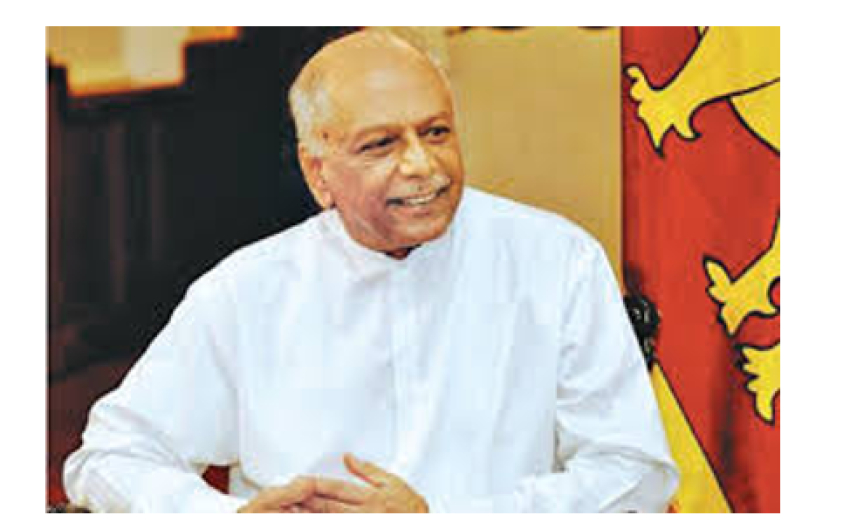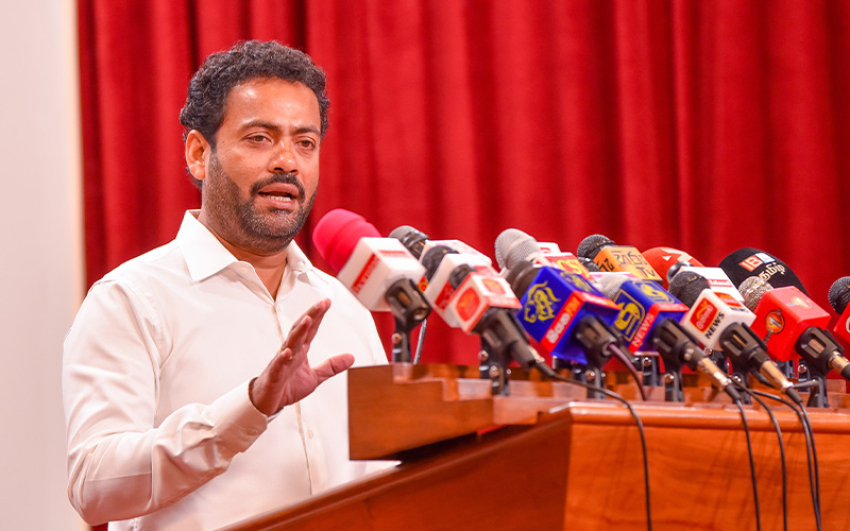Speaking at the release of the 2015 “Trafficking in Persons” report, U.S. Secretary of State John Kerry said its purpose was not to “name and shame,” but to expose the $150 billion human trafficking industry for what it actually was — a massive, global, shadow economy built on official complicity, egregious rights violations and abuse and criminal operations.
While India’s ranking has been at the Tier II level since 2011, it was until 2010 ranked as a Tier II “Watch List,” nation, implying that the absolute number of victims of severe forms of trafficking was highly significant or increasing; that there was a failure to provide evidence of increasing efforts to combat severe forms of trafficking in persons from the previous year; or that the assessment of its progress in combating human trafficking was based on future commitments made by the Indian government.
Khobragade incident
The TIP report was also seen as significant in recent years in the context of the controversy surrounding Devyani Khobragade, the Indian Deputy Consul General in New York who was, in December 2013, arrested and subjected to a strip-search for alleged visa violations relating to the underpayment of her domestic employee Sangeeta Richards, prompting a major diplomatic crisis and tensions in the bilateral space.
The indictment of Ms. Khobragade by a grand jury in New York in January 2014 stemmed from charges linked to human trafficking under the U.S. TVPA.
In this context the Indian government was said to have issued revised guidance to its diplomats abroad who employed domestic workers, presumably to bring the latter’s pay in line with local laws.
However the 2015 report seemed ambiguous in its assessment of India on this count, noting, “The government did not provide information on anti-trafficking training or guidance for its diplomatic personnel.”
The report however urged New Delhi to ramp up its reporting of anti-trafficking data, noting that India continued to be “a source, destination, and transit country for men, women, and children subjected to forced labour and sex trafficking.”
It said that while the Indian government was making significant efforts to comply with the minimum standards for the elimination of trafficking, law enforcement progress was unknown as the government did not provide adequate disaggregated anti-trafficking data and official complicity remained a “serious concern.”



